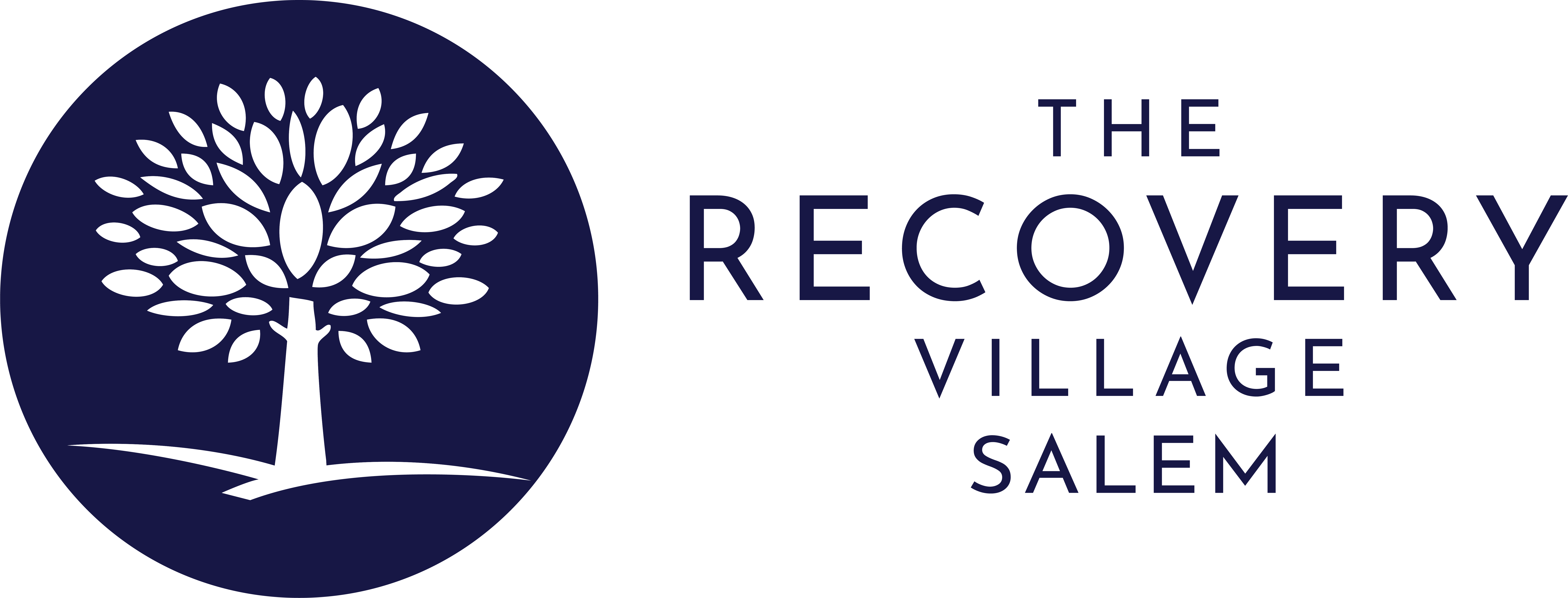Key Takeaways
- Substance use disorder in Croisan-Illahe, OR, reflects national trends with high rates of alcohol and drug addiction.
- Statewide, marijuana, methamphetamine, and opioids are among the most widely abused substances.
- Oregon, unfortunately, ranks high in addiction rates but low in available treatment options. However, there are drug and alcohol rehab options available near Croisan-Illahe.
- A variety of factors, ranging from genetic predisposition to trauma to chronic stress, may predispose individuals to substance use disorders.
- Rehabilitation is key in recovery, and several different types of programs are available, including outpatient, residential, and sober living facilities.
- Choosing the right rehab center involves considering accreditation, treatment philosophy, and aftercare services.
Substance Abuse Trends in Croisan-Illahe, Oregon
Recent data indicates that Oregon has some of the highest rates of alcohol and drug addiction in the United States, with Croisan-Illahe being no exception.
According to a report by the US Department of Health, Oregon ranked second in the nation for addiction rates in 2020 and notably last in available treatment options. This alarming statistic underscores the urgent need for enhanced substance use disorder treatment services in the region.
Substance use disorders (SUDs) are a significant concern, with a variety of substances commonly abused. In Oregon, marijuana, methamphetamine, and opioids are among the most commonly abused substances.
Factors That May Lead to Drug and Alcohol Abuse in Croisan-Illahe
Several factors can contribute to the development of drug and alcohol misuse. These factors are complex and can vary widely between individuals, but they generally stem from a combination of biological, psychological, social, and environmental influences. Here’s a breakdown of the key factors that often lead to substance use disorder:
Ready to Break Free From Addiction?
If you’re seeking help for yourself or a loved one, our expert team is here to guide you every step of the way. Don’t wait—start your journey to recovery today.
- Genetic Predisposition: Some people may be genetically predisposed to addiction due to variations in the brain’s reward system. These individuals might be more sensitive to the pleasurable effects of substances, increasing their risk of developing substance use disorders.
- Depression, Anxiety, and PTSD: Mental health conditions are strongly linked to drug and alcohol misuse. People struggling with depression, anxiety, post-traumatic stress disorder (PTSD), or other mental health issues may turn to substances as a way of self-medicating to cope with their emotions.
- Family Environment: Growing up in a dysfunctional or abusive family environment can increase the risk of drug and alcohol misuse. Exposure to substance use in the home, domestic violence, or neglect can contribute to emotional and behavioral problems, leading individuals to self-medicate with substances.
- Peer Pressure and Social Influence: Peer influence is particularly significant during adolescence and young adulthood. Being in a social circle where drug or alcohol use is normalized can lead individuals to experiment with substances. The desire to fit in or seek social approval can push people toward addiction.
- Availability and Accessibility: The easier it is to obtain drugs or alcohol, the more likely someone is to use them. Living in areas where substances are readily available or culturally accepted can increase the risk of misuse.
- Physical, Emotional, or Sexual Abuse: Experiencing trauma, especially in childhood, is one of the most significant risk factors for developing substance use disorders. People who have been victims of abuse may use substances to numb emotional pain or escape from traumatic memories.
- Poverty and Economic Strain: People living in poverty or experiencing economic hardship are at greater risk of substance use disorder. Financial stress, lack of access to education and healthcare, and limited social opportunities can lead people to seek temporary relief through substance use.
- Work and Life Stress: Chronic stress from work, family pressures, or life challenges can lead some individuals to use substances as a way of coping. The stress of managing multiple responsibilities or facing difficult life events (e.g., divorce, death of a loved one) can trigger substance use as a form of escapism.
- Poor Coping Skills: People who have not developed healthy coping strategies for managing stress, anxiety, or other negative emotions may turn to drugs or alcohol to cope. Over time, reliance on substances as a coping mechanism can lead to addiction.
- Early Use of Substances: Experimenting with drugs or alcohol at an early age is one of the strongest predictors of future substance use. Adolescents and young adults are particularly susceptible to risky behaviors, and early exposure to substances can lead to addiction later in life.
- Chronic Pain or Medical Conditions: Individuals suffering from chronic pain or certain medical conditions may be more vulnerable to opioid addiction or misuse of other prescription medications. They may use substances to alleviate physical discomfort or manage ongoing health issues.
- Impulsivity and Risk-Taking Behavior: Individuals with impulsive or risk-taking tendencies may be more likely to experiment with drugs and alcohol, especially if they are seeking excitement or escape. These personality traits can increase the likelihood of engaging in substance use.
- Difficulty Managing Emotions: Individuals who have trouble regulating their emotions, or those with emotional dysregulation disorders, may use alcohol or drugs to numb difficult feelings like anger, sadness, or frustration.
Drug and alcohol use is the result of a combination of multiple genetic, environmental, psychological, and social factors. While these influences can increase the risk of addiction, it’s important to note that not everyone exposed to these risk factors will develop a substance use disorder. Prevention and early intervention, as well as effective treatment options, can help individuals manage or overcome addiction. By understanding the underlying causes of substance use disorder, we can better address prevention, treatment, and recovery strategies.
Types of Drug and Alcohol Rehab Programs in Croisan-Illahe, OR
When searching for drug and alcohol rehab programs in Croisan-Illahe, OR, it’s important to consider the various types of rehab options available in the area. These programs can vary in terms of the treatment approach, level of care, duration, and the specific needs they address. Below are the types of rehab programs you may find in Croisan-Illahe, OR, or nearby areas:
- Inpatient (Residential) Rehab Programs: Inpatient rehab programs provide 24/7 care and supervision in a controlled, residential environment. Individuals live on-site and participate in a structured daily schedule of therapy, group counseling, and other recovery activities.
- Outpatient Rehab Programs: Outpatient rehab programs allow individuals to receive treatment while living at home or in a sober living environment. Participants attend therapy sessions, group counseling, and medical checkups during the day or evening but do not stay at the facility overnight.
- Sober Living Homes (Transitional Living): Sober living homes are structured, drug-free environments that provide transitional housing for individuals who have completed rehab but are not yet ready to live independently. Residents are expected to follow house rules, participate in therapy, and attend 12-step meetings.
Key Considerations for Selecting a Rehab Center
Choosing the right drug or alcohol rehab center is a critical decision that can significantly impact an individual’s recovery journey. There are several key considerations to keep in mind when evaluating rehab centers to ensure that the treatment provided aligns with the individual’s needs, preferences, and circumstances.
A few of the most important things to consider include:
- The Type of Treatment Program: Decide whether an inpatient (residential) program or outpatient program is more appropriate. Inpatient rehab offers 24/7 care in a structured, supervised environment, making it ideal for individuals with severe addiction or those needing to remove themselves from their current environment. Outpatient rehab allows individuals to live at home and attend therapy and counseling sessions during the day or evening, which can be more suitable for those with milder addictions or those who need to balance treatment with work or family obligations.
- The Specialized Programs and Services Offered: If the individual has a co-occurring mental health disorder (e.g., depression, anxiety, PTSD), it’s important to choose a rehab center that offers dual diagnosis treatment. It’s also important to note that some rehab centers offer specialized programs tailored to the needs of specific populations, such as men, women, adolescents, or older adults.
- The Treatment Approaches and Therapies Utilized: Look for centers that offer evidence-based treatments such as Cognitive Behavioral Therapy (CBT), Dialectical Behavior Therapy (DBT), or Motivational Interviewing (MI), which have been shown to be effective in treating addiction.
- The Facility’s Accreditation and Licensing: Ensure that the rehab center is accredited by a recognized body such as the Joint Commission (JCAHO) or the Commission on Accreditation of Rehabilitation Facilities (CARF). Also, check that the facility employs licensed healthcare professionals, including counselors, therapists, medical doctors, and addiction specialists, who are trained and experienced in treating substance use disorders.
- The Length of the Program: The length of treatment can vary, with some programs lasting 30, 60, or 90 days and others offering long-term or extended care. The individual’s needs, including the severity of addiction and any co-occurring mental health issues, will determine the appropriate length of treatment.
- Aftercare Availability: Some centers offer aftercare programs to support individuals after they complete the initial treatment phase. Look for programs that provide ongoing support, such as sober living arrangements, outpatient counseling, or alumni support groups.
- Insurance Coverage: Verify whether the rehab center accepts insurance and what types of plans are covered. Many centers work with private insurance providers, Medicaid, or other payment plans, but coverage may vary depending on the provider and the type of program.
- Comfortable and Safe Environment: The physical environment plays a big role in recovery. Look for a rehab center that provides a comfortable, safe, and welcoming environment that encourages healing. The surroundings should be conducive to recovery, offering quiet spaces for reflection, clean facilities, and a structured yet supportive atmosphere.
- Reviews and Testimonials: Research the reputation of the rehab center by reading reviews, testimonials, or success stories from former patients. Positive feedback from past patients or their families can provide valuable insight into the quality of care and the center’s effectiveness in promoting long-term recovery.
By carefully evaluating these factors and considering what is most important for the individual seeking treatment, you can select a rehab center that aligns with their needs and goals for recovery. A well-chosen rehab center can provide the support, tools, and resources necessary to help someone achieve lasting sobriety and a healthier life.
Get Drug and Alcohol Rehab Help in Croisan-Illahe, Oregon
If you or a loved one struggles with addiction or a mental health disorder, The Recovery Village Salem is here to help. Our physician-led, evidence-based rehab programs include medical detox, residential rehab and a wide range of therapies. Our compassionate team will help you start life fresh with the tools, coping strategies and resources you need to succeed. Don’t wait — contact a Recovery Advocate today to see how we can help.


